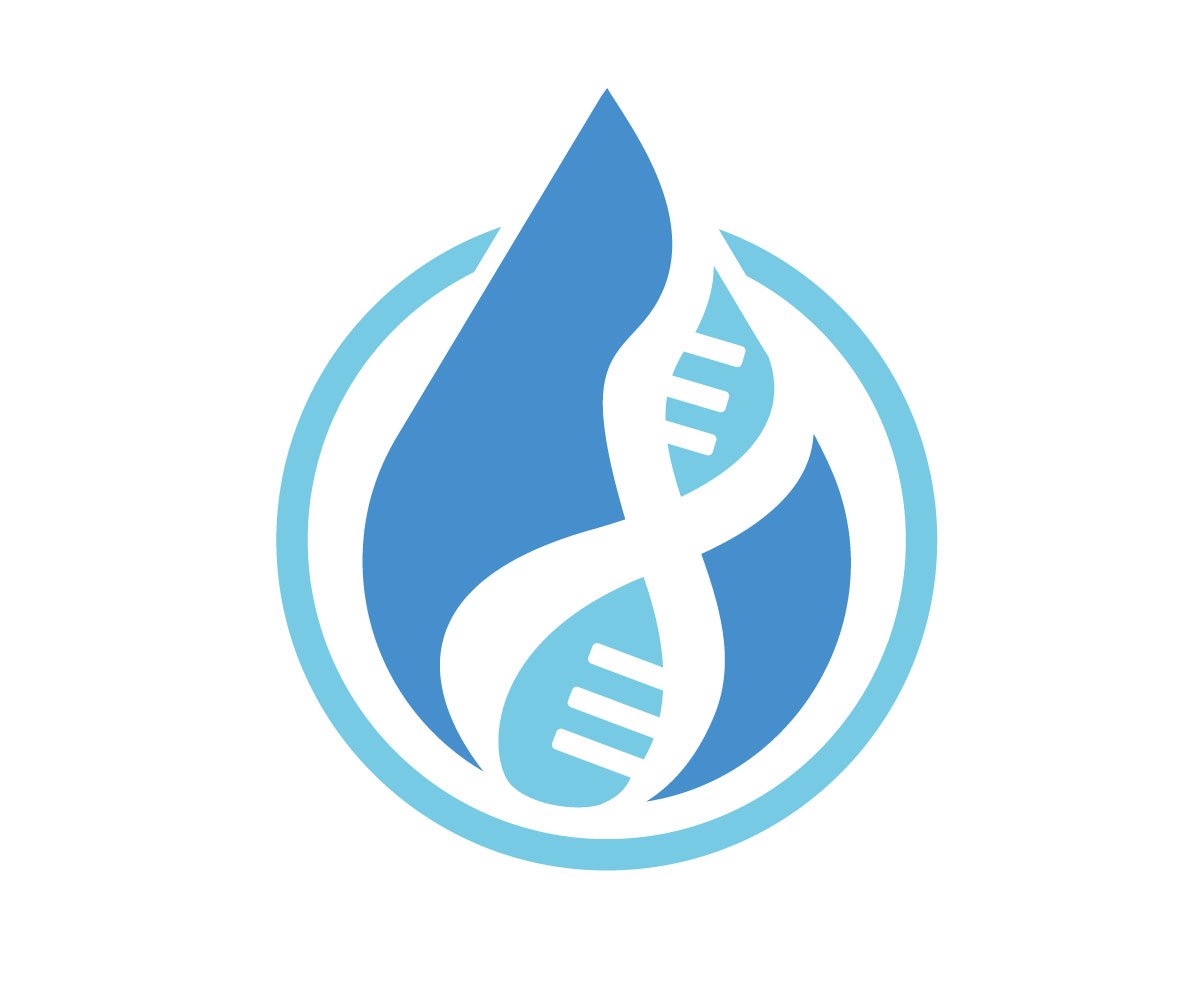Making Your Existence Known to Bio Family - Should You or Shouldn’t You?
I had someone reach out to me a few months ago who was adopted and had reunited with his birth mom before she died after she sought him out. He never had interest in seeking out and reuniting with his birth father but accidentally matched to his (now deceased) bio father's family (an entire set of half-siblings) when doing an ancestry DNA test.
LIKE MANY PEOPLE, HE HAD DONE DNA TESTING FOR THE ETHNICITY PERCENTAGES LIKE THE COMMERCIALS SHOW, NOT REALIZING THE TEST HAD A “DNA RELATIVES” MATCHING COMPONENT.
It is rather easy to “opt-in” to family matching without realizing what you are doing, so I understand how this happened. My client explained that he opted out of family matching about twenty minutes later, as soon as he figured out who the close family matches were, and once he realized that if he could see them, they could see him. He isn’t sure if any of his half-siblings saw his profile pop up before he backed out of the matching system, but given the short time frame it was up, he thinks it was unlikely.
What’s my opinion on this decision, he wondered. Was it ethical or not to withhold from his paternal half-sibs his existence? He wasn't sure if he would keep his existence secret forever, but he wanted to wait until at least after the mother of the family (his bio father’s wife) had died. His reasoning was that since his bio father wasn't alive to be able to explain the situation to his wife and other children, it wouldn't be right to be the one to reach out and declare his existence.
WHAT IF THIS PERMANENTLY ALTERED THE FAMILY'S OPINION OF THEIR FATHER/LATE HUSBAND FOR THE WORSE, WITH NO GAINS FOR ANYONE FROM IT?
My client wasn’t interested in pursuing sibling relationships with his paternal half-siblings. As he explained it, he felt content with his family and life and didn't have a desire to change anything, for himself or for his bio half-sibs and their mother. I asked him if he thought they were already aware of his existence, and perhaps they had all done testing to, in a sense, go “fishing” for him. He responded that the possibility of that was low, based on what he knew of the situation surrounding his adoption. From his perspective, it seemed more likely that one sibling in his half-sibling set was the family historian or genealogist, and she had simply encouraged everyone else to test.
WE DISCUSSED OTHER ASPECTS OF AND REASONS FOR 'REUNITING' OR OUTING ONESELF TO BIOLOGICAL FAMILY, OUTSIDE OF FORMING RELATIONSHIPS -- FOR MEDICAL HISTORY, AS ONE EXAMPLE.
The client responded to me that since he has no biological children to pass medical history to, and since his biological father appeared to have had lived a long life, not even medical information felt important to him. He also had nothing to share back with his biological family in terms of a personal medical history at this point.
Ultimately, my client has decided NOT to make his existence known to them at this time. He may reconsider if/when he discovers his bio father's wife has passed away. But until then, he plans to stay out of the genetic family-matching databases.
There are different reasons people decide to reach out to new DNA family they discover, whether the discovery happens as a result of DNA testing, word-of-mouth, or documents and paper records. I can understand and support the choices people make for themselves and don't judge anyone for their decision.
BE PREPARED FOR THE POSSIBILITY THAT YOU MAY NOT BE IN CONTROL OF WHEN OR HOW A SECRET BEING KEPT IS REVEALED.
My client and I discussed that since people and situations can change, it’s best to always consider it possible for the door to open again in the future. Maybe he’ll feel differently about reaching out to his paternal half-siblings or other paternal family in a few weeks, or months, or years. Maybe he won’t. Both are okay.
In the end, there are no absolutes. We have to look at and balance the needs and feelings of everyone involved in a situation and do the best we can.
IF YOU ARE IN A SPOT OF DECIDING WHETHER TO REACH OUT TO GENETIC FAMILY WHO MAY OR MAY NOT BE AWARE OF YOUR EXISTENCE, CONSIDER THE SITUATION PRESSING, BUT NOT URGENT.
Panic is a common and understandable initial reaction when a DNA surprise or unexpected family connection is suddenly uncovered. Especially if you were not prepared for the possibility. Let the feeling pass before acting on it. Make sure you gather information about what you think you’ve discovered, try to confirm the person or people you are matching, and piece together the story the best you can. Talk with someone you trust, like a friend, family, or a counselor, who can listen to your side and support you through the time before and after reaching out to the other person or people, if you decide to attempt to make the connection.
As you wait, there’s a chance someone else related to you by DNA might start to put the pieces together. This could happen if they decide to test and the same unexpected or surprise discovery made by you is also made by them.
If you are looking for more support, reach out to me for individual support. -Brianne

